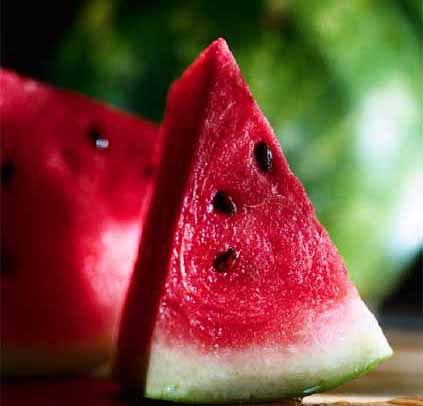What is Lycopene?
Lycopene is a bright red pigment that is classified as a vitamin-A-like substance known as a carotenoid. Over recent years, it has gained attention of nutritionists and other scientists because of its powerful effects as an antioxidant and potential to show benefits against heart disease, cancer, and diabetes.
Where Does Lycopene Come From?
The best known natural source of lycopene is tomato. In fact, the word lycopene is derived from the scientific name for tomato, Solanum lycopersicum. Other good sources include carrots, red capsicum, papayas, and watermelons. You will note that these are all redish coloured fruits and vegetables.
Lycopene Benefits
The benefits of lycopene are mainly related to overall health and generally arise as a result of its high antioxidant capacity (Sies & Stahl, 1998).
Lycopene Benefits for Bodybuilding & Exercise
The benefits of lycopene and its application to exercise and sport are of particular interest to Chinese scientists. In various studies, the authors have outlined the positive effects of the strong antioxidant properties of lycopene for exercise. Endurance athletes were shown to have increased anti-oxidation capacity as a result of lycopene supplementation before and during high intensity running (Liu, 2006). Lycopene has also been observed to attenuate the decline of immune function of college level basketball players after they performed high intensity training (Dong, 2008).
 Lycopene Benefits for General Health
Lycopene Benefits for General Health
Cancer research is a hot topic, and such diseases are difficult to study because of its multifactorial nature. However, there is some evidence to suggest that lycopene has anti-cancer properties. Epidemiological studies show that the consumption of lycopene rich foods such as tomatoes is linked to reduced cancer risk (Giovannucci, 1999), possibly as a result of lycopene being able to inhibit cancer cell growth (Levy et al, 1995). A similar phenomenon has also been observed with cardiovascular disease (Sesso et al, 2003). Some have suggested that this may not only be a result of the antioxidation capabilities of lycopene, but it may also play a role in modulating immune, metabolic, and hormonal pathways (Roa & Agarwal, 2000).
Lycopene Negatives & Side Effects
Lycopene is a very safe compound that occurs naturally in healthy foods. Because of its nontoxic nature, it is commonly used as a naturally food colouring. In healthy people, the only known issue with overconsumption of lycopene is that it causes a condition called lycopenodermia, in which lycopene accumulates in the skin and liver, giving skin an orange-yellow colour. This is a temporary effect that is not harmful (other than looking weird), and can be cured by eliminating lycopene from the diet.
Small groups of people do have intolerance or allergies to lycopene. In which case, consumption of large amounts of lycopene and products containing lycopene should be avoided.
Lycopene Recommended Doses & Ingredient Timing
Lycopene doses of 15 mg/day has been shown to be beneficial to exercise (Dong, 2008). It can be broken up and consumed in smaller doses with food, or 45 minutes before and during exercise (Liu, 2006).
Lycopene Supplements
Because of the antioxidant and health promoting properties of lycopene, it can be found in some multivitamins and antioxidant supplements.
Stacking Lycopene
Lycopene can be stacked with other antioxidants, vitamins, minerals, and pretty much anything else.
Dong (2008), The affection of the Lycopene for the Immune of the basketball players in the high intensity training. Journal of Beijing Sport University, DOI: CNKI:SUN:BJTD.0.2008-03-022
Giovannucci (1999), Tomatoes, Tomato-Based Products, Lycopene, and Cancer: Review of the Epidemiologic Literature. JNCI J Natl Cancer Inst, 91: 317-331.
Levy et al (1995), Lycopene is a more potent inhibitor of human cancer cell proliferation than either α‐carotene or β‐carotene. Nutrition and Cancer, 24: 257-266
Liu (2006), Research on Effects of Lycopene on Human Free Radical Metablism after High Intensity Endurance Exercises. Journal of Beijing Sport University, DOI: CNKI:SUN:BJTD.0.2006-09-018
Roa & Agarwal (2000), Role of Antioxidant Lycopene in Cancer and Heart Disease. J Am Coll Nutr, 19: 563-569
Sesso et al (2003), Dietary Lycopene, Tomato-Based Food Products and Cardiovascular Disease in Women J Nutr, 133: 2336-2341
Sies & Stahl (1998), Lycopene: Antioxidant and Biological Effects and its Bioavailability in the Human. Exp Biol Med, 218: 121-124

